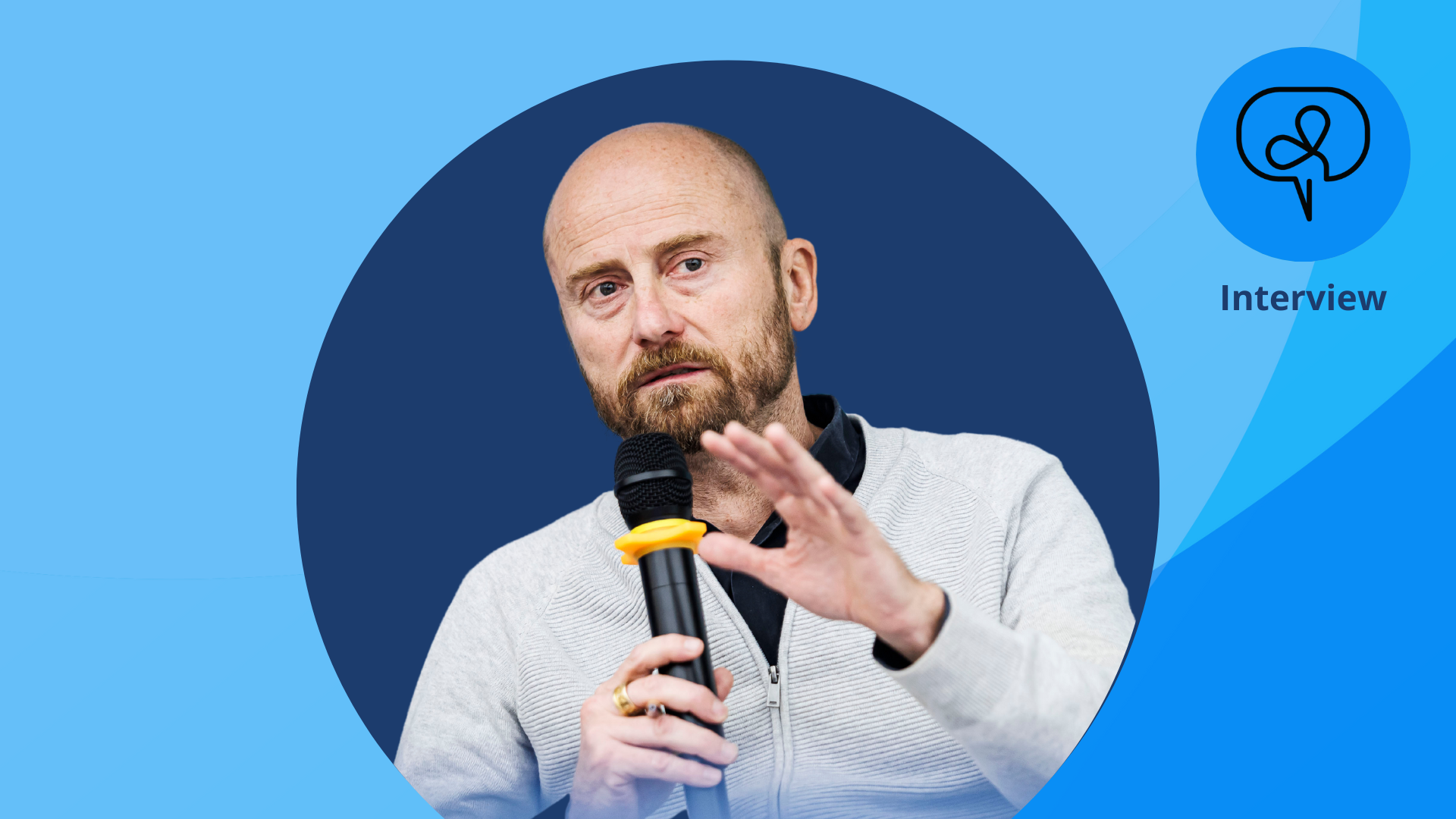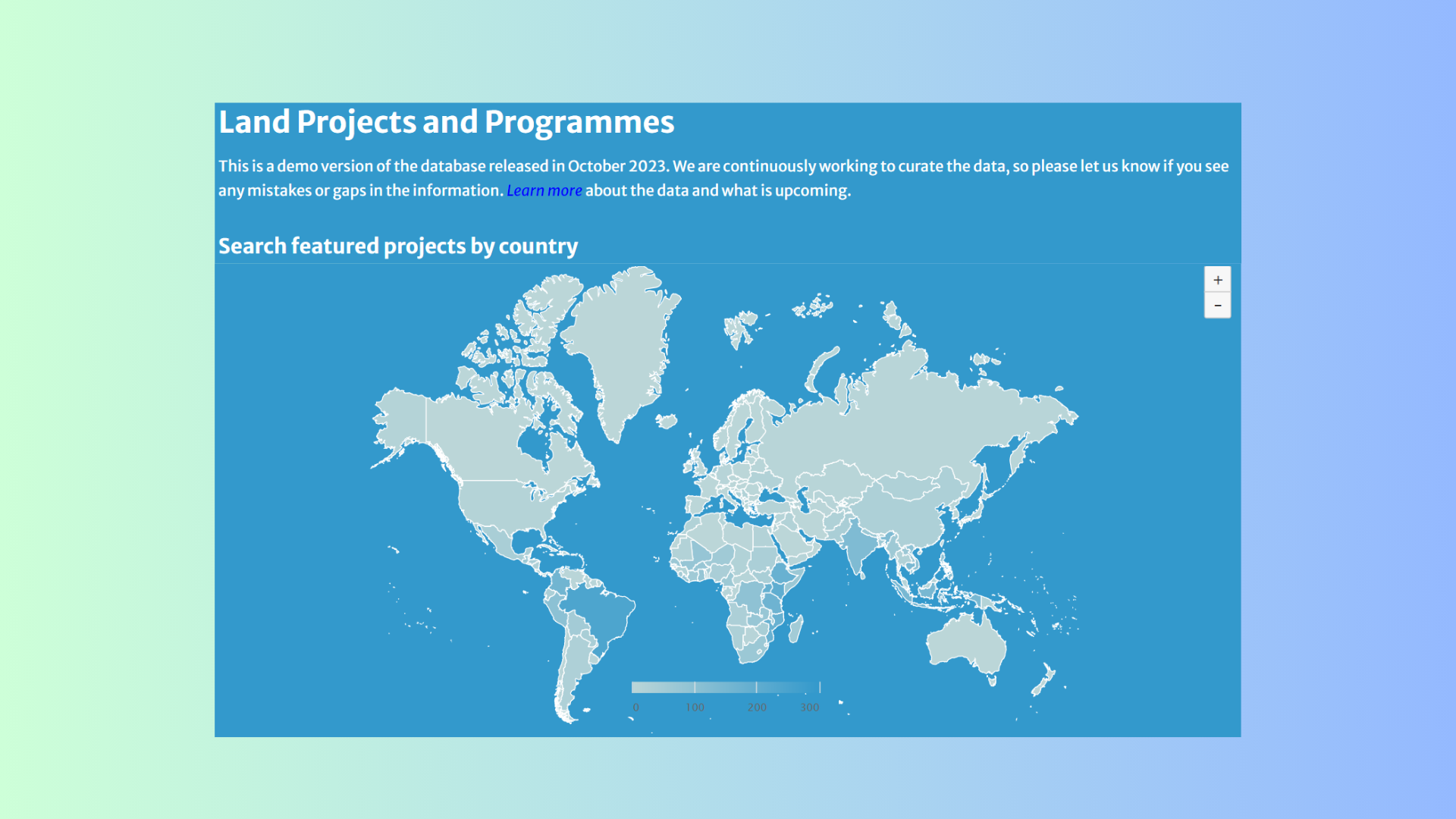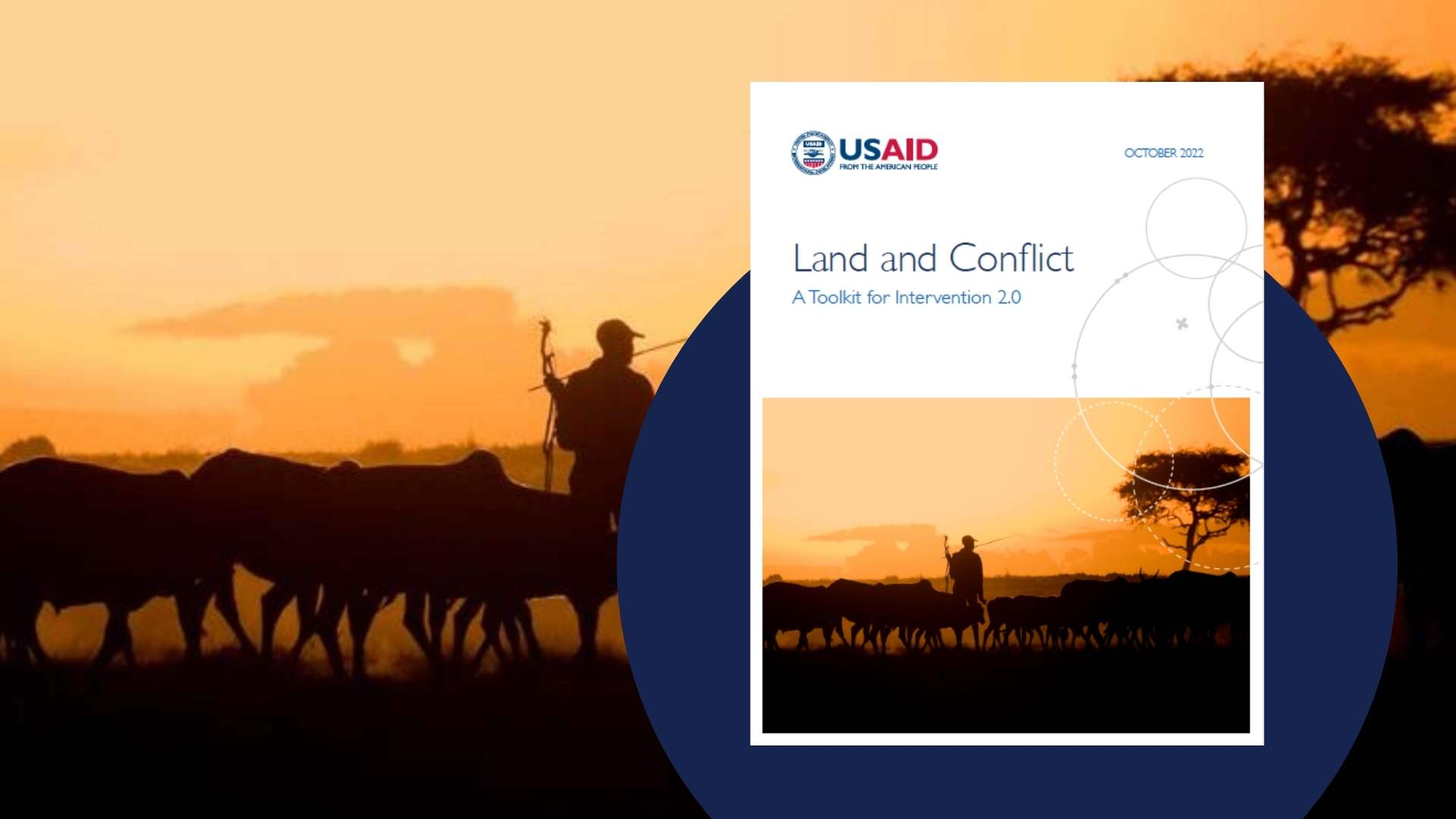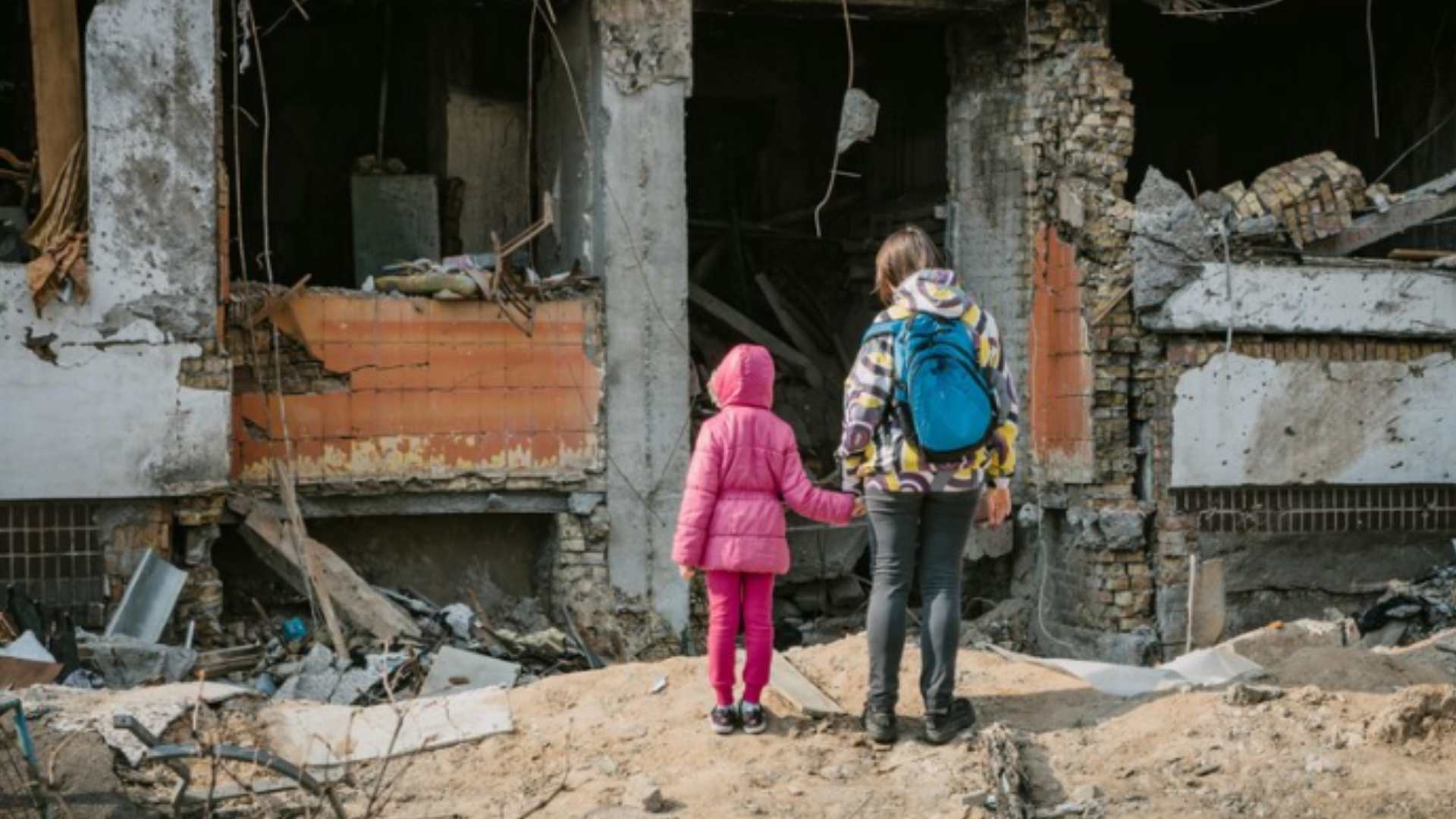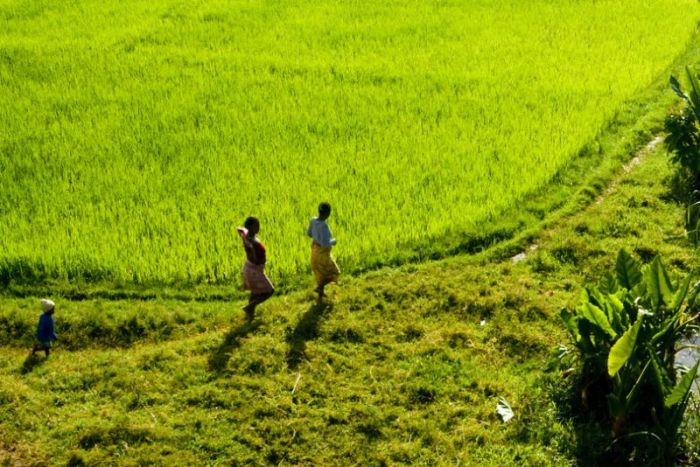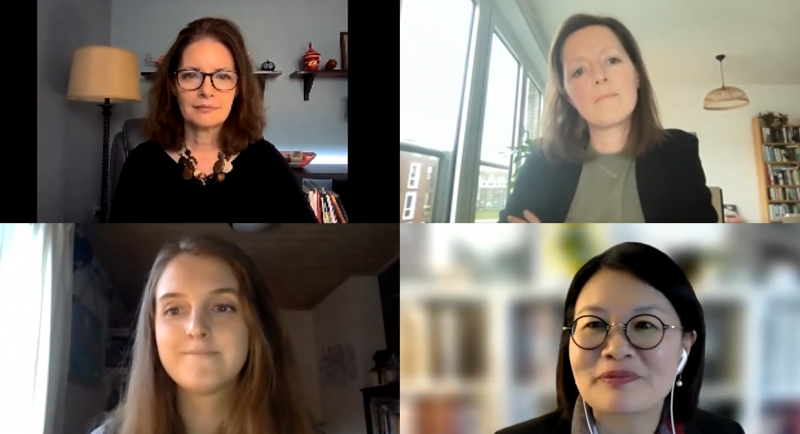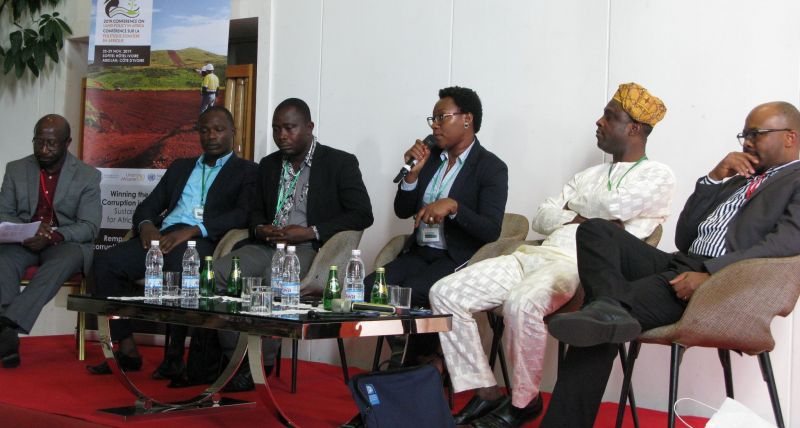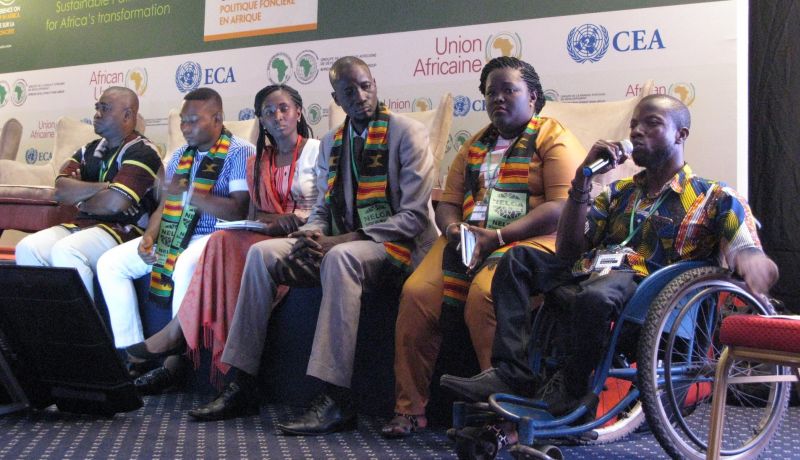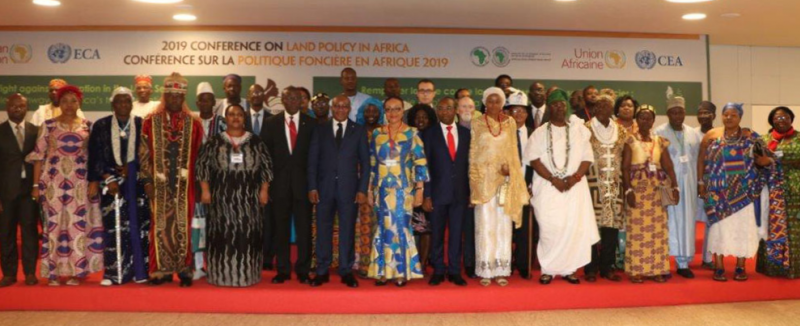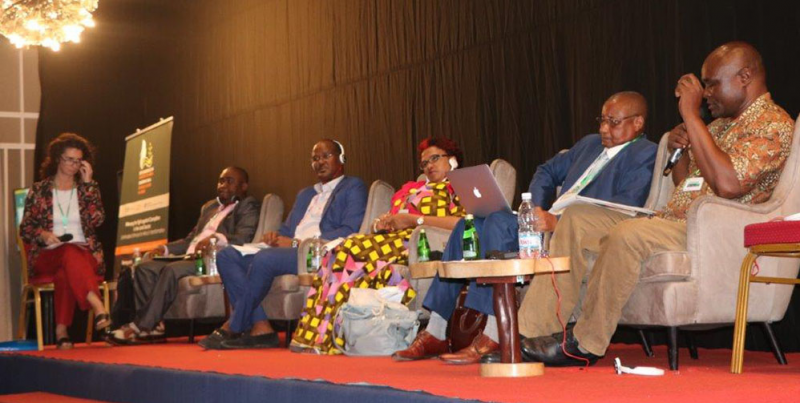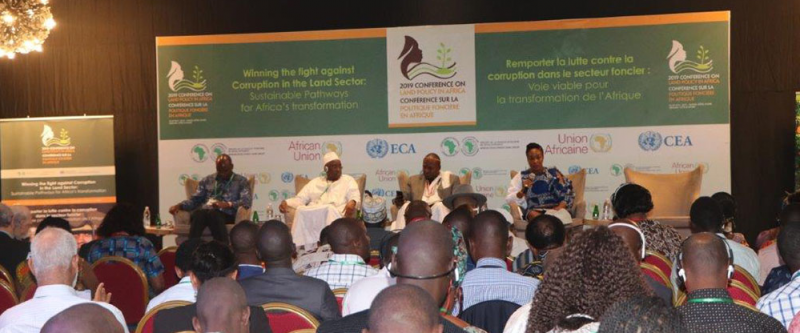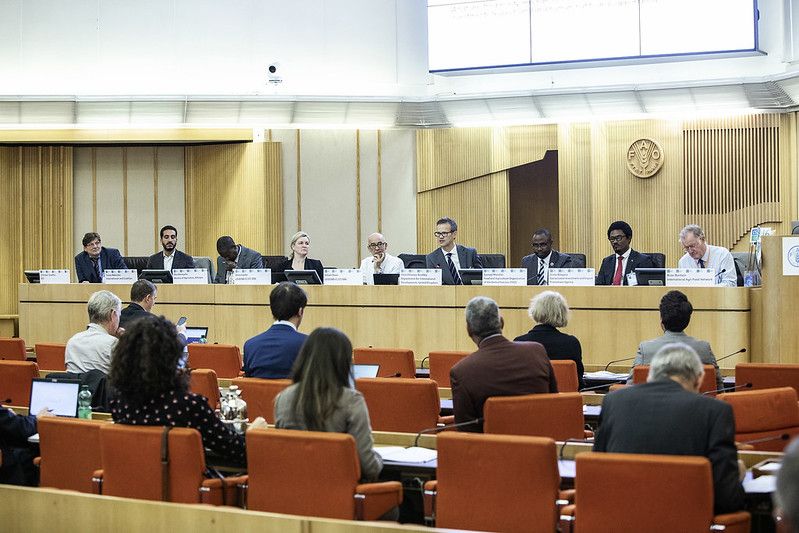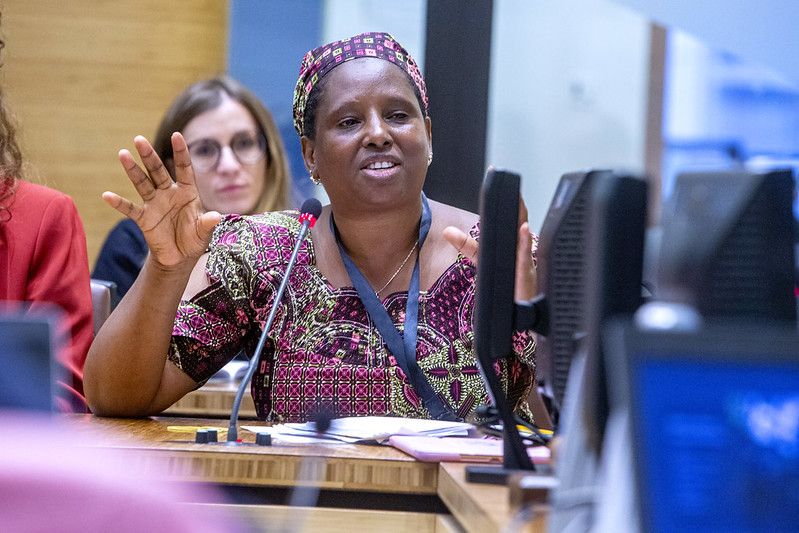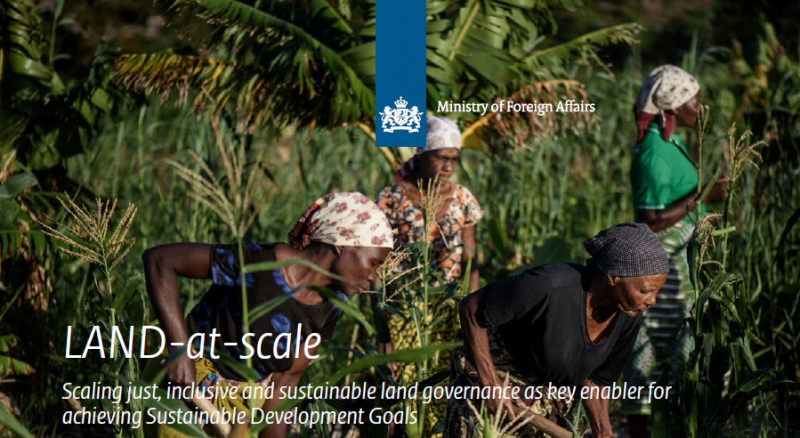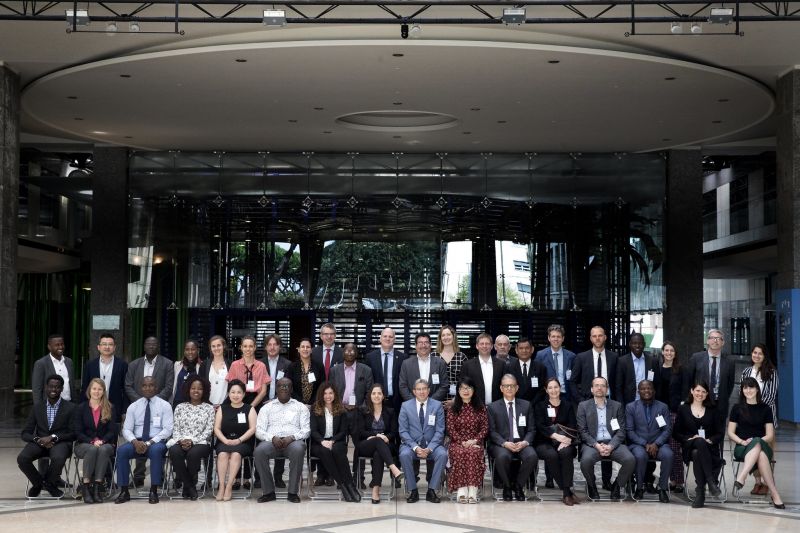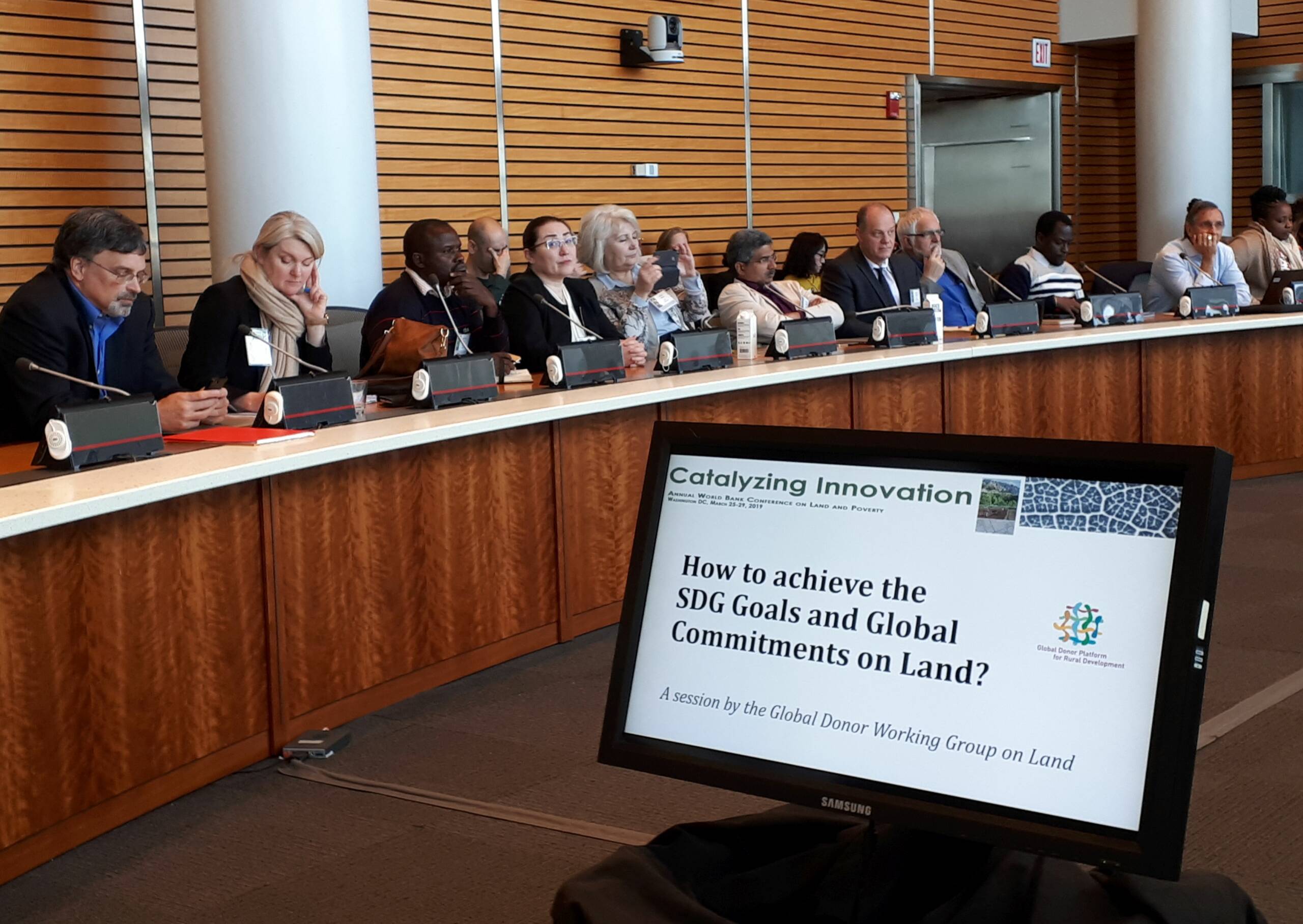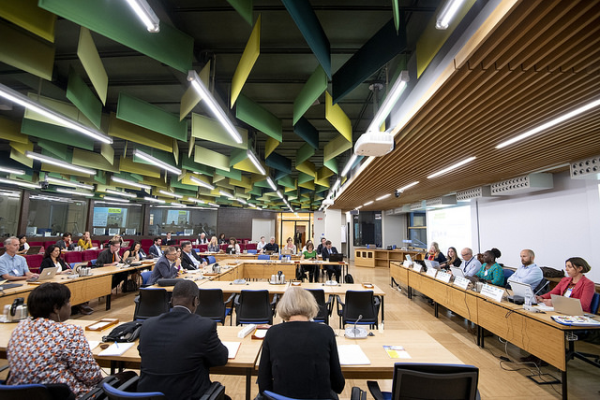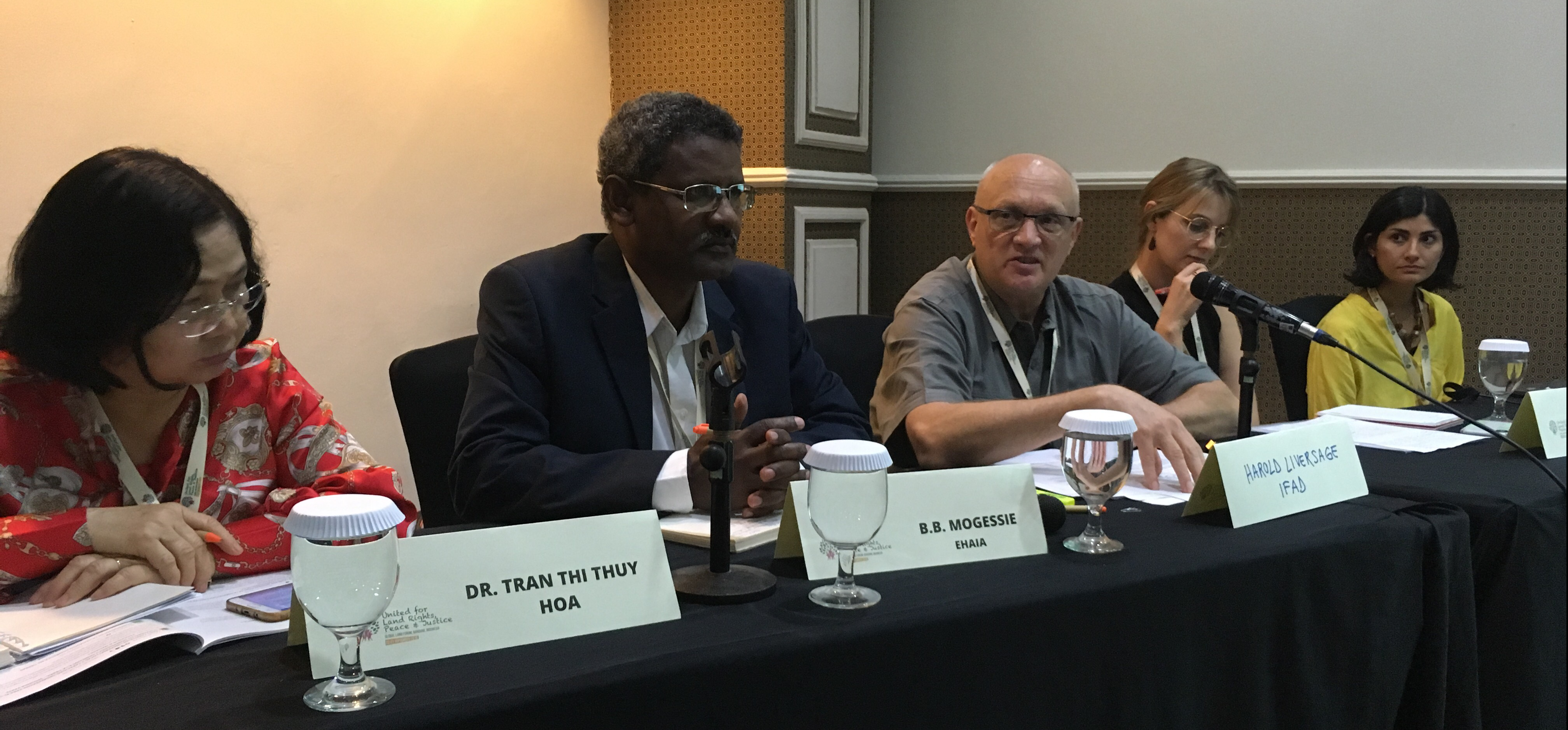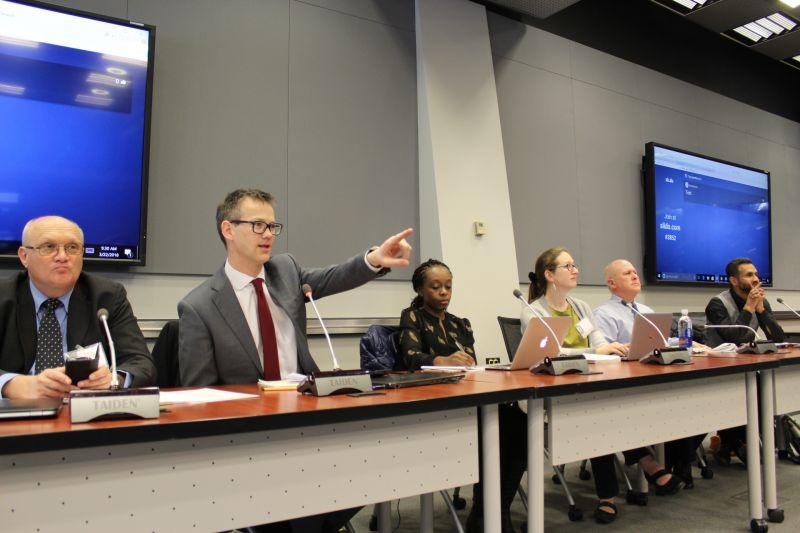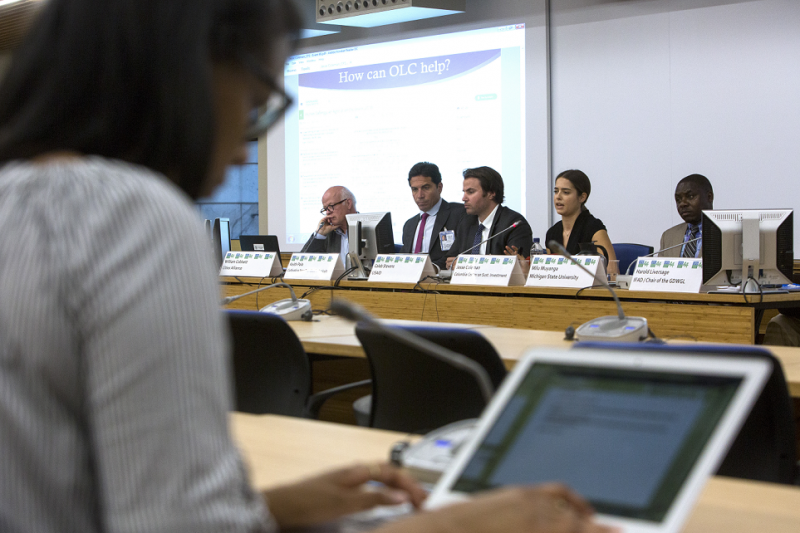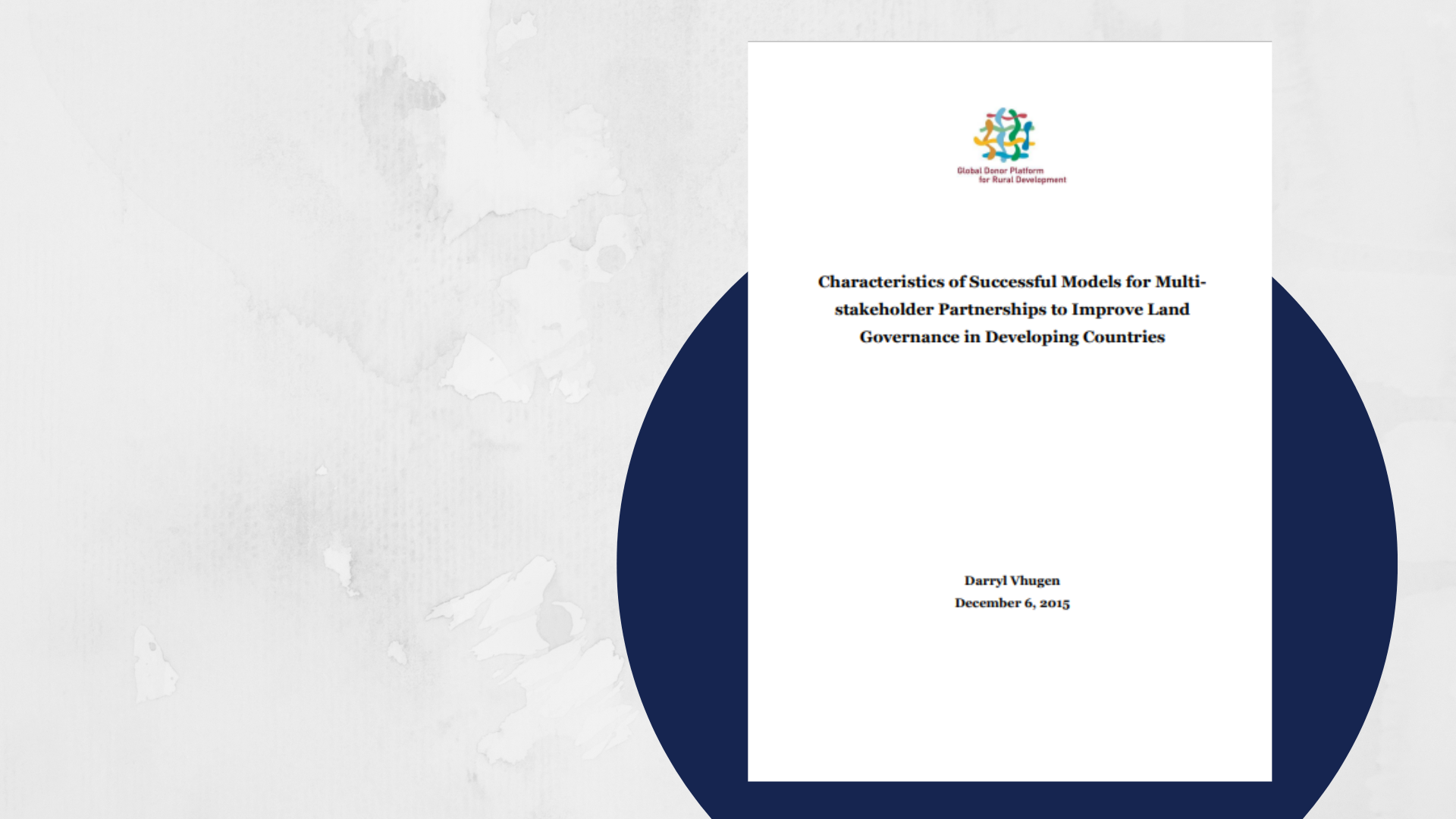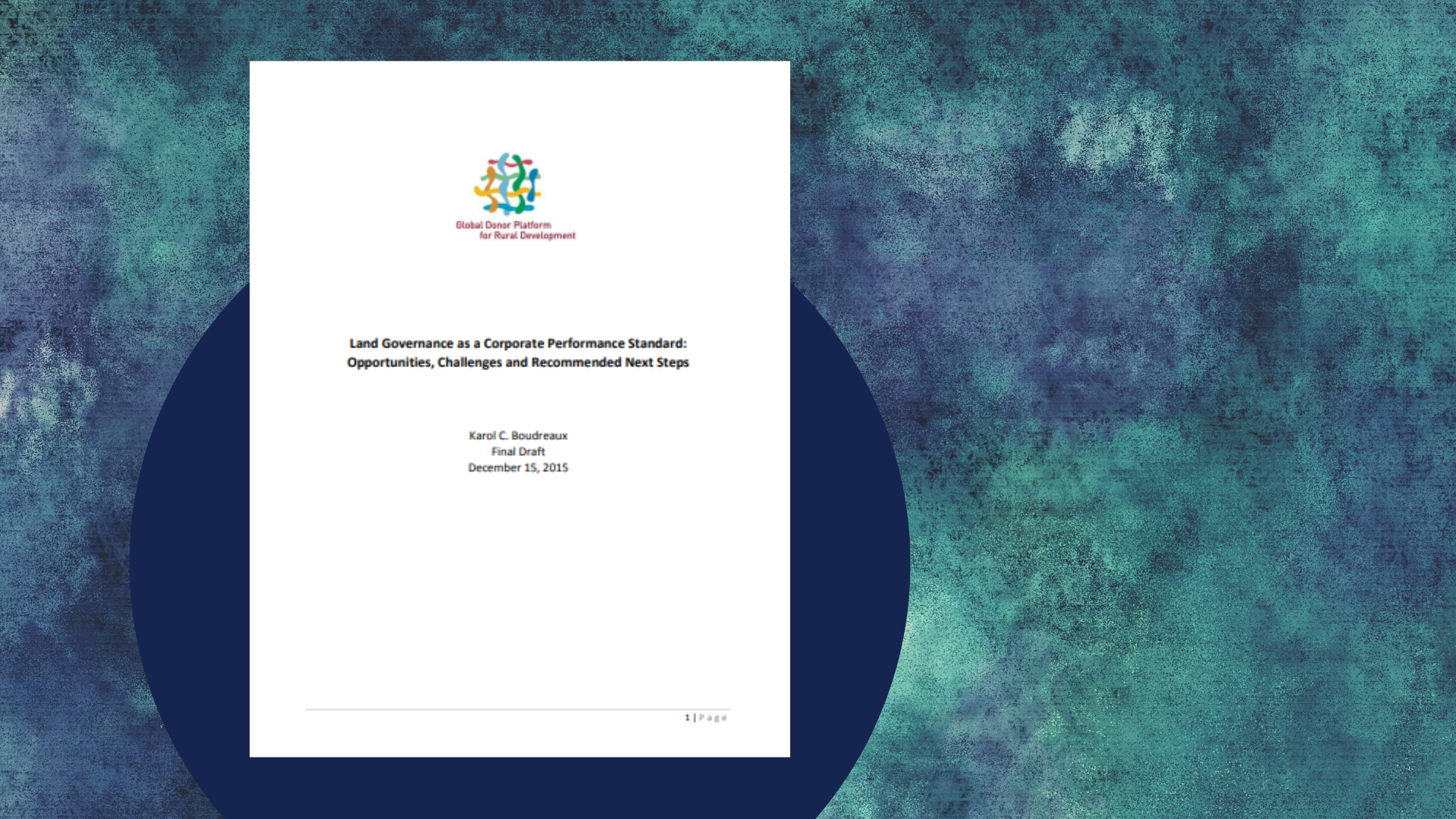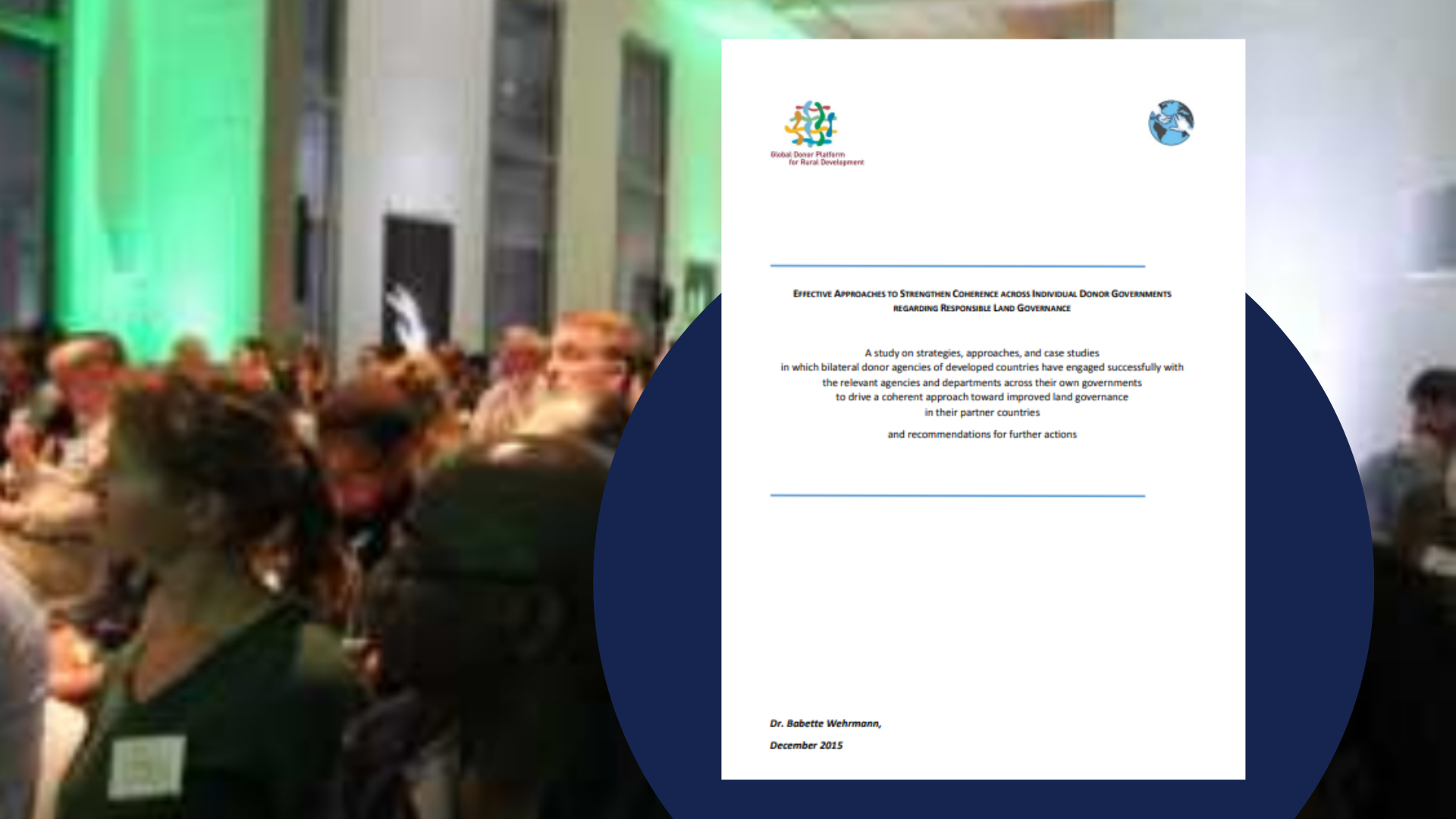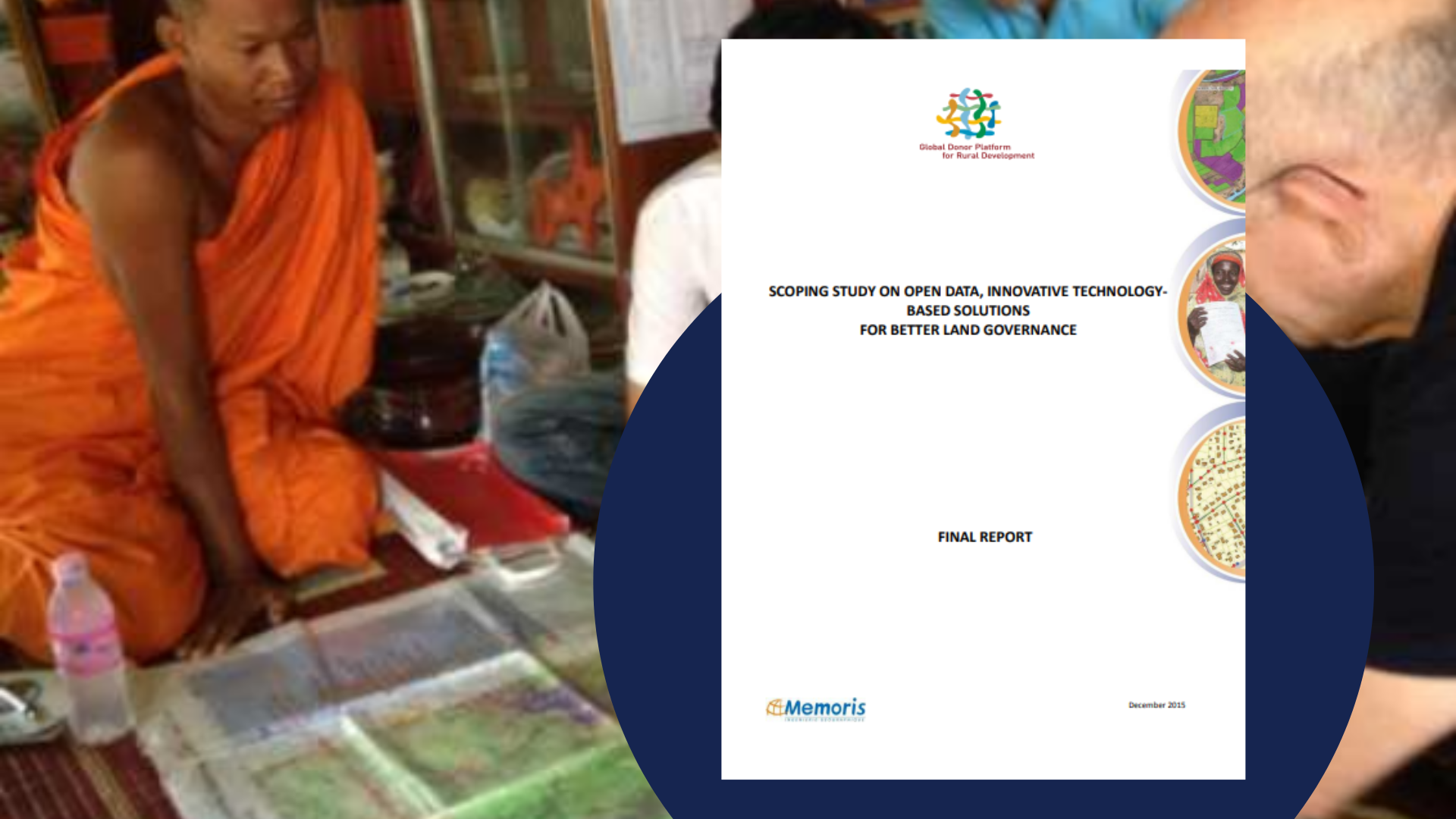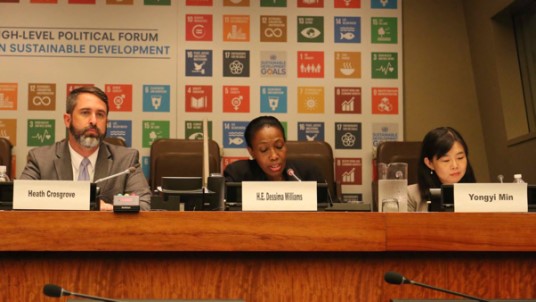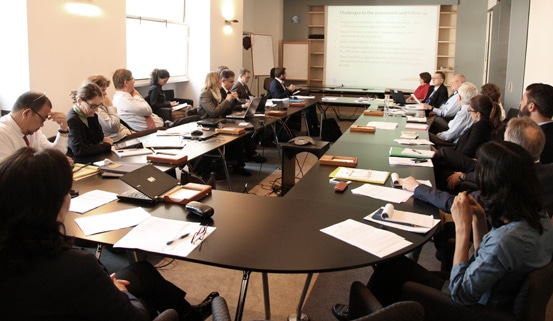Led by the Global Donor Working Group on Land (GDWGL) report working group and together with key stakeholders, a virtual workshop was organized at the Global Donor Platform for Rural Development (GDPRD) on the development of the State of Land Tenure and Governance Report.
Sources
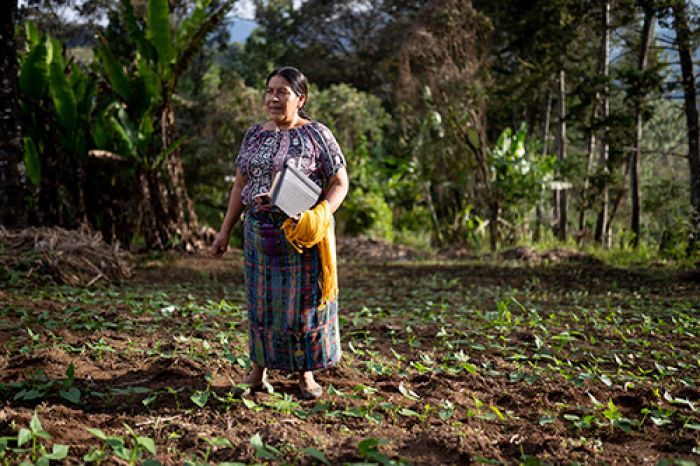
Why is land governance important?
Land governance is key to pressing sustainable development challenges including climate change, biodiversity, poverty, and food insecurity. Progress has been made in elevating land governance as a critical development issue, but land tenure rights are still not adequately recognized and secured in many regions of the world and particularly in the Global South. Depending on the countries in Sub-Saharan Africa, up to 80 per cent of national land rights are still not recognized fully (RRI, 2015). The rights that people have with regards to these lands remain weak. Extensive land grabbing, degradation, and deforestation are still occurring at alarmingly high rates and are exacerbating the problems emerging from inadequate land rights.
Adriano Campolina of FAO highlights how “the relationship of ownership, access to and control over land is a part of a larger power inequity equation. Besides the regulatory environment, one also should consider the power dynamics and the political economy surrounding land issues.”
This first critical step is often disregarded in national policy thinking. While four sustainable development goals (SDGs 1, 2, 5 and 15) focus on land-related issues, countries do not always include land indicators when reporting on the SDGs, suggesting a lack of understanding on the magnitude of the problem (ILC, 2020).
Why make a report about the state of land tenure and governance?
A major challenge remains to ensure land is high on the policy agenda. By showing the importance and centrality of addressing land governance and land security and documenting these aspects, a global report can mobilize stakeholders to increase their commitments to land tenure rights. The report can become a public reference for land tenure issues, trends, and best practices, and the extensive evidence reported can help mobilize policymakers to act. This has the potential to bring together a wide variety of stakeholders and address the unequal power dynamics in land tenure.
The report process and workshop
The Global Donor Working Group on Land (GDWGL) has engaged in the preparation of the State of Land Tenure and Governance Report (SLGR). A report on land governance has been in the making for some years, but the process has recently accelerated with the production of an outline.
Led by the GDWGL report working group and together with key stakeholders, a workshop was organized on 12 January 2022. An important topic discussed was the credibility and transparency of the report. Senior Consultant Nayna Jhaveri noted that “there are multiple perspectives at work, and major stakeholders have overlapping interests and ideas as to what should be included in the publication.” To ensure equal prioritization of each organization’s work, a review process was suggested by bringing in experts from the field and stakeholders from different sectors.
Three takeaways emerged from the workshop:
Future process
The report will move forward with the support of FAO, Global Land Tool Network, UN-Habitat, the ILC, and other partners. Next steps include bringing data on land tenure and governance together. FAO is, along with the other organizations involved, committed to fulfilling their role to produce a technical report.
Javier Molina-Cruz of FAO emphasized that 2022 is the 10-year anniversary of the CFS Voluntary Guidelines on the Responsible Governance on Tenure (VGGTs). “We now have ample experience (including best practices, methodologies and tools) on how to improve responsible governance of tenure by using the VGGT. The report can take stock and build on those experiences to secure access to food and the sustainability of food systems in the long term”. A Report on the State of Land Governance and Tenure would be a great contribution to lead the way forward.
Watch the recording on YouTube
Nayna Jhaveri, senior international consultant, was hired to develop a first outline for the report. She interviewed central experts in the field to better understand the landscape of land tenure and governance.
Javier Molina Cruz, Senior Land Tenure Officer at the Food and Agriculture Organization of the United Nations (FAO), was the moderator for the report development workshop, and together with Adriano Campolina, Senior Policy Officer at FAO, and Ward Anseeuw, Senior Technical Specialist, Knowledge, Learning and Innovation, at the International Land Coalition (ILC) and Senior Researcher at the French Agricultural Research Centre for International Development (CIRAD), they form part of the GDWGL planning group for the report. Danilo Antonio, Karol Boudreaux (USAID), Samuel Mabikke (FAO) and Francesco Pierri (FAO) have also been involved in the preparation group for the report and workshop.



